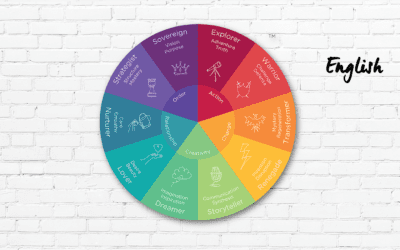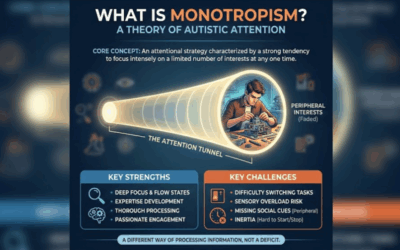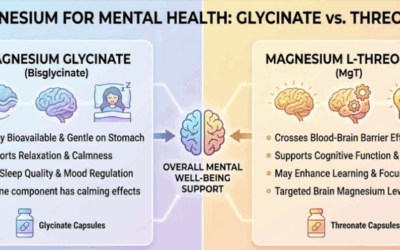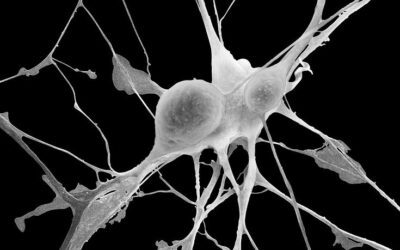How do you Treat Sleep Apnea?

Mind, Body and Soul text engraved on white zen stones. Meditation and spa concept.
Sleep apnea is a common sleep disorder characterized by repeated pauses in breathing during sleep. While often associated with physical health consequences, such as cardiovascular disease and diabetes, sleep apnea can also have a significant impact on mental health. This article explores the connection between sleep apnea and mental health and how therapy can help manage both conditions.
The Impact of Sleep Apnea on Mental Health
- Depression: Studies have shown that individuals with sleep apnea are more likely to experience symptoms of depression. The frequent sleep disturbances and daytime fatigue associated with sleep apnea can contribute to feelings of sadness, hopelessness, and irritability.
- Anxiety: Sleep apnea can also exacerbate anxiety symptoms. The lack of restful sleep and the fear of experiencing breathing difficulties during the night can lead to increased worry and nervousness.
- Cognitive Impairment: Chronic sleep deprivation caused by sleep apnea can affect cognitive function, including memory, attention, and decision-making abilities. This cognitive impairment can further contribute to mental health challenges.
The Role of Therapy in Treating Sleep Apnea and Mental Health
- Cognitive-Behavioral Therapy (CBT): CBT is a well-established therapy approach that can help individuals with sleep apnea manage the psychological aspects of the condition. CBT techniques, such as sleep hygiene education, relaxation training, and cognitive restructuring, can improve sleep quality and reduce anxiety and depression symptoms.
- Acceptance and Commitment Therapy (ACT): ACT is another therapy approach that can be beneficial for individuals with sleep apnea and mental health concerns. ACT focuses on helping individuals accept their experiences, including the challenges associated with sleep apnea, and commit to actions that align with their values and goals.
- Mindfulness-Based Interventions: Mindfulness practices, such as meditation and deep breathing exercises, can help individuals with sleep apnea reduce stress, improve sleep quality, and manage symptoms of anxiety and depression.
It’s important to note that therapy for sleep apnea and mental health should be used in conjunction with other evidence-based treatments, such as continuous positive airway pressure (CPAP) therapy. CPAP is considered the gold standard treatment for sleep apnea and can effectively improve sleep quality and reduce associated health risks.
While therapy can be a valuable tool in managing sleep apnea and mental health, it’s not without limitations. Some individuals may find it challenging to engage in therapy due to time constraints, financial barriers, or personal preferences. Additionally, the effectiveness of therapy can vary depending on factors such as the therapist’s expertise, the individual’s commitment to the process, and the severity of the underlying conditions.
In conclusion, the connection between sleep apnea and mental health highlights the importance of addressing both conditions in a comprehensive treatment plan. By incorporating therapy alongside other evidence-based interventions, individuals with sleep apnea can improve their sleep quality, manage symptoms of anxiety and depression, and enhance their overall well-being.
Types of Therapy
























0 Comments